Biozentrum Highlights 1971 - 2021
1968 − Pioneering concept
The potential of molecular biology was recognized early in Switzerland – in the 1960s. Due to the visionary leadership of Arnold Schneider, a member of the Cantonal Executive Council, and generous financial support from the Canton of Basel-Stadt and the local companies Roche, Ciba, Geigy and Sandoz, construction of the Biozentrum began in 1968.
Gallery of old Biozentrum building

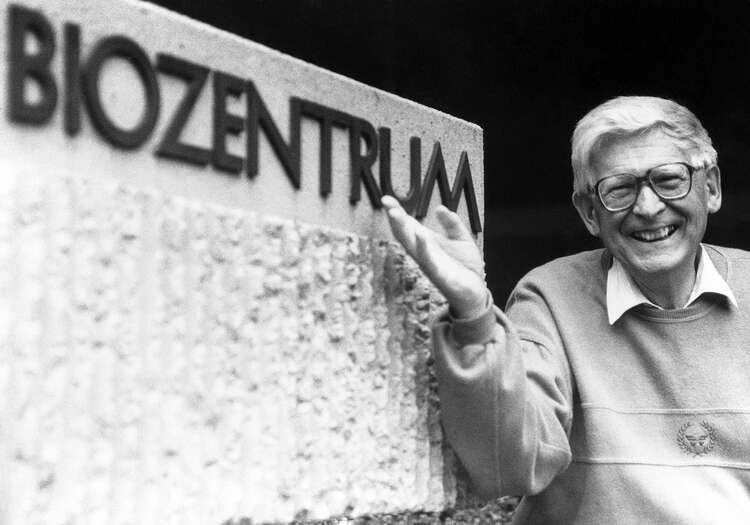
1971 − Unique, interdisciplinary research
At the time of its opening in 1971, the Biozentrum was the only interdisciplinary institute of its kind in Europe. Eduard Kellenberger was appointed Professor of Microbiology and entrusted with establishing the research institute. He brought two members of his group with him from Geneva, the future Nobel laureates Werner Arber and Jacques Dubochet.
1976 − Innovative curriculum in biology
A new and innovative “Biology II” curriculum was created. It included introductory courses in mathematics, physics and chemistry, followed by more intensive hands-on “block courses.” The first class, consisting of two students, graduated in 1976. Since then, the Biozentrum has conferred about 1,000 “diploma” or master’s degrees.

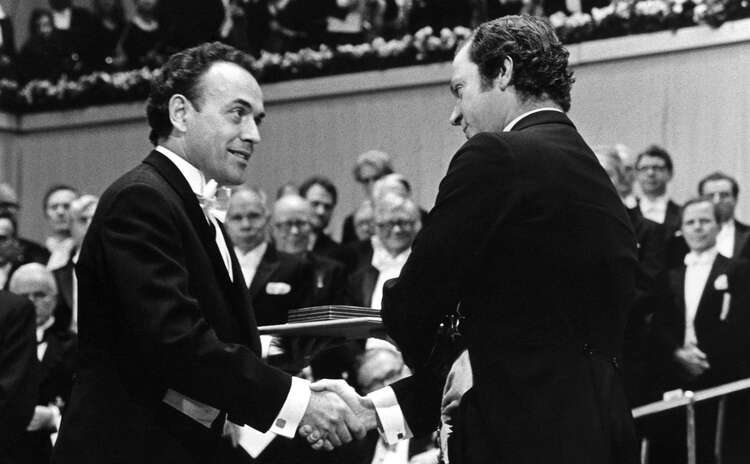
1978 − Nobel Prize for Werner Arber
The Nobel Prize in Physiology or Medicine was awarded to Werner Arber, with the two American researchers Daniel Nathans and Hamilton Smith, for the discovery of restriction enzymes. These enzymes, which cut DNA molecules like scissors, are still one of the most important tools in molecular biology. All of Basel joined in the great celebration.
1983 − The homeobox
Walter Gehring received worldwide recognition for his discovery of Hox genes. These genes contain a characteristic Homeobox and play a key role in organismal development. Just over a decade later, Gehring and collaborators again attracted attention with the discovery of PAX6, a master control gene for eye development. Walter Gehring’s research was honored with many awards, including the Gairdner Award, the Kyoto Prize and the Balzan Prize.

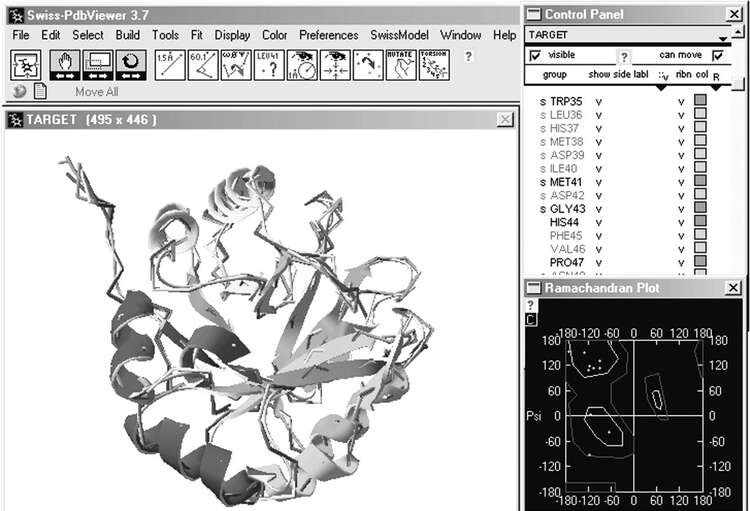
1985 − Computational biology
The Biozentrum was connected to the University Computer Center. This enabled it later to extend its research to bioinformatics and computational modeling. Researchers at the Biozentrum and the Swiss Institute of Bioinformatics pioneered the field of automated 3D protein structure modeling. The SWISS-MODEL server was the most cited Swiss resource from 1999 to 2009 and is still one of the most widely used servers worldwide.
1986 − Center for electron microscopy
Maurice E. Müller generously donated 40 million Swiss francs to establish the Maurice E. Müller Institute for High Resolution Electron Microscopy at the Biozentrum. This allowed the Biozentrum to strengthen its excellence in determining the structure of biomolecules.
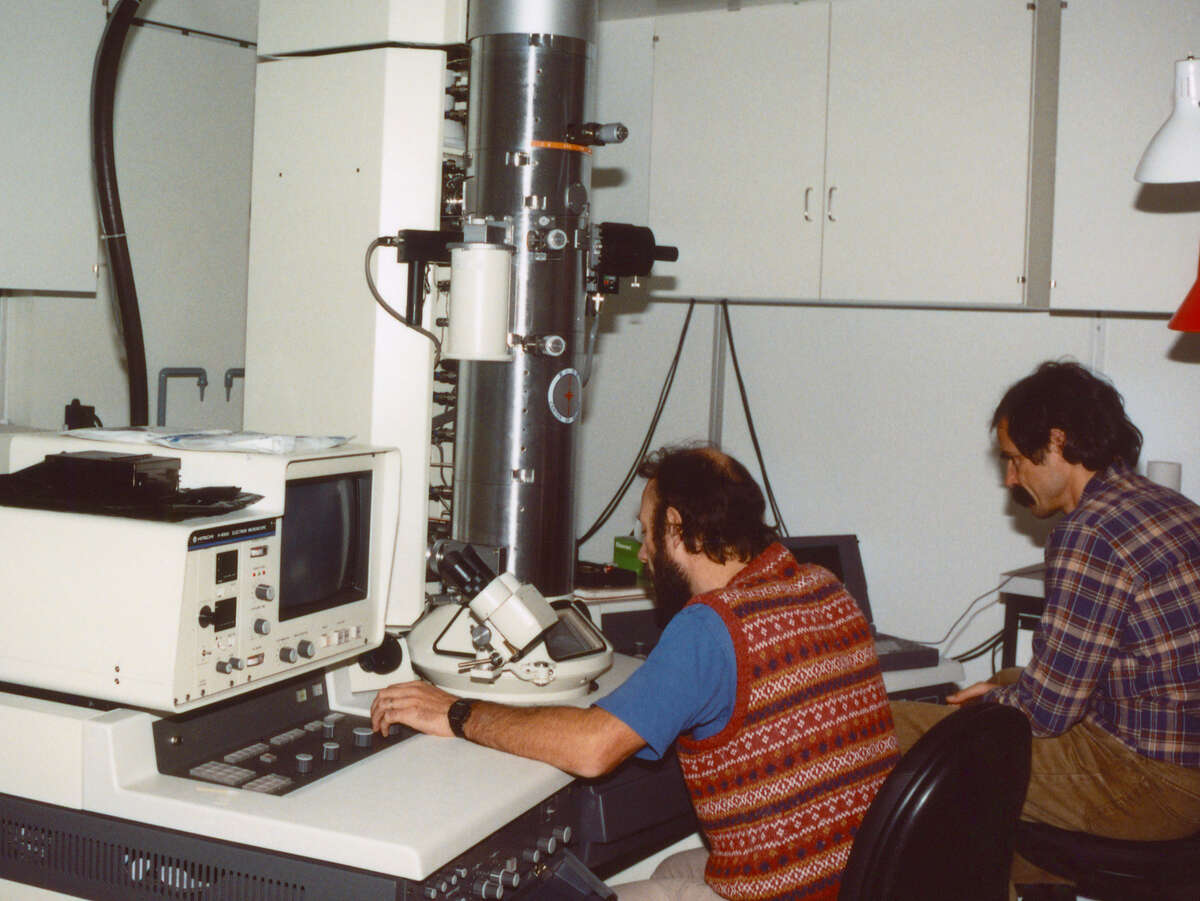
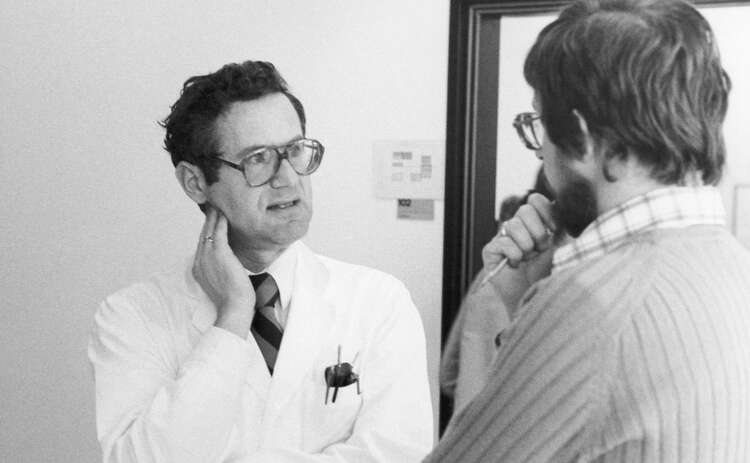
1989 − Distinguished mitochondrial researcher
Gottfried Schatz received the Gairdner Award for his studies on the transport of proteins into mitochondria. In addition to his outstanding research, Schatz was also renowned for his exceptional teaching skills and his training of a new generation of researchers. He was the author of more than 200 scientific publications, three volumes of essays, an autobiography, and a novel.
1990− Trinational studies in biotechnology
The Universities of Basel, Strasbourg and Freiburg created a joint Diploma Course in Biotechnology, offering students the unique opportunity to study across national borders.
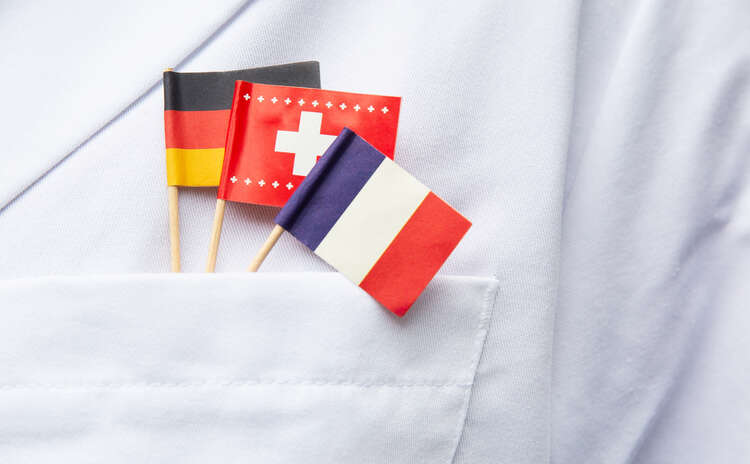
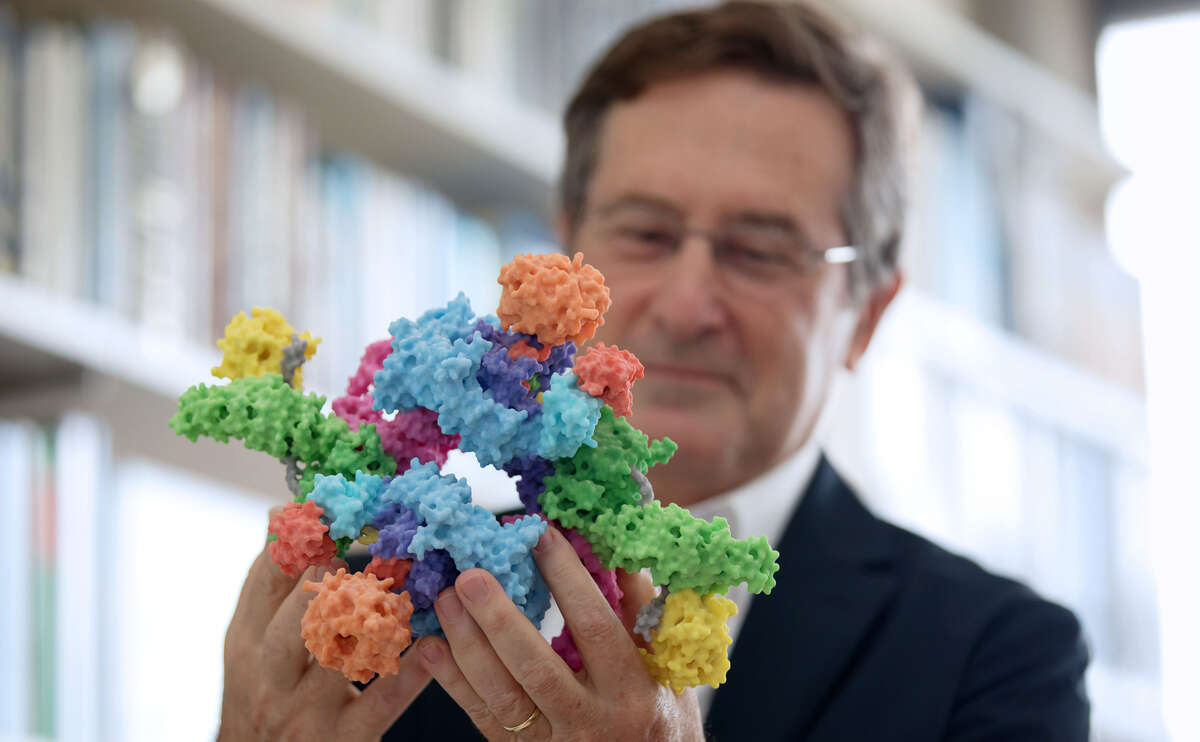
© Matthew Lee
1991 − Protein kinase TOR
Michael N. Hall discovered the highly conserved, nutrient-activated protein kinase TOR. As a central controller of cell growth, TOR plays a key role in development and aging and is implicated in various diseases. For his discovery of TOR, Hall received many prizes including the Albert Lasker Award, the Breakthrough Prize in Life Sciences, the Gairdner Award, and the Balzan Prize.
1995 − Nobel Prize for developmental biologists
The Nobel Prize in Physiology or Medicine was awarded to Biozentrum alumni Christiane Nüsslein-Volhard and Eric F. Wieschaus for their discovery of genes crucial for embryonic development. Both were members of the Gehring laboratory in the 1970s.
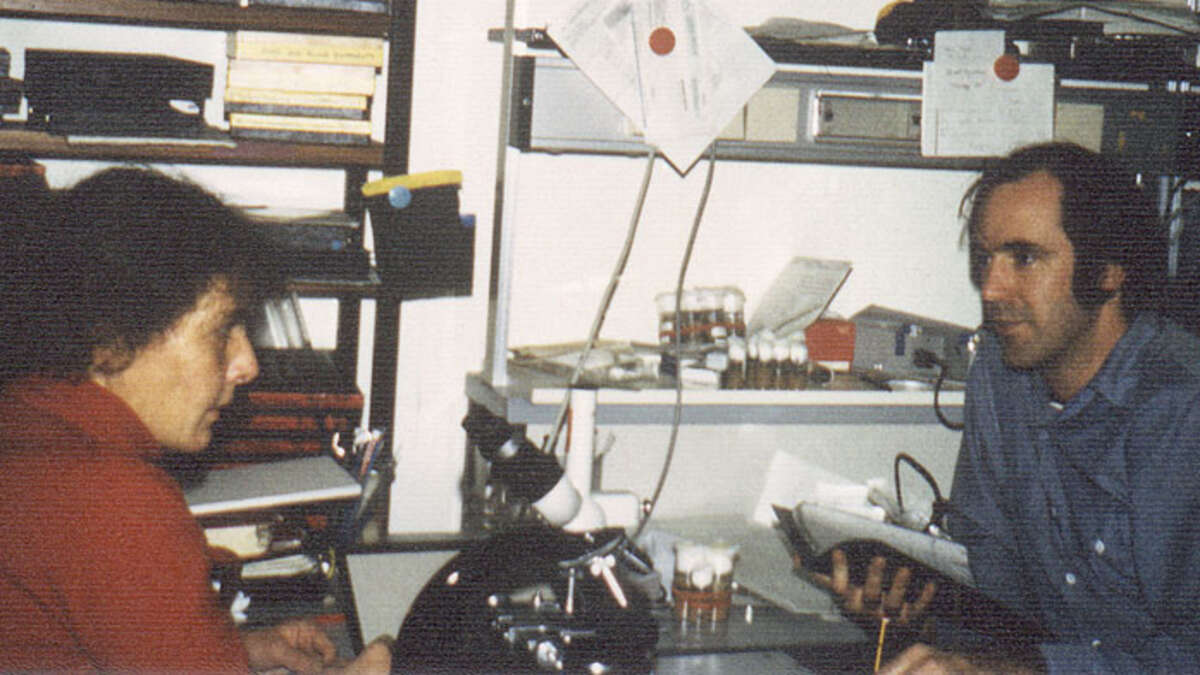
©EMBL

1996 − Neurosciences at the forefront
The University of Basel, the University Hospital, the Friedrich Miescher Institute and the local pharmaceutical industry jointly founded what is known today as the Neuroscience Network Basel. A few years later, the trinational alliance Neurex, comprising 100 research groups and about 1,000 scientists, was established. Basel has one of the highest concentrations of neuroscientists worldwide.
1999 − Cutting-edge NMR spectroscopy
With support from Novartis and Roche, the Biozentrum enlarged its nuclear magnetic resonance spectroscopy platform with a new 800 MHz NMR spectrometer. The new high-end spectrometer was also used by the local medical institutes and pharmaceutical industry for diagnostic purposes.

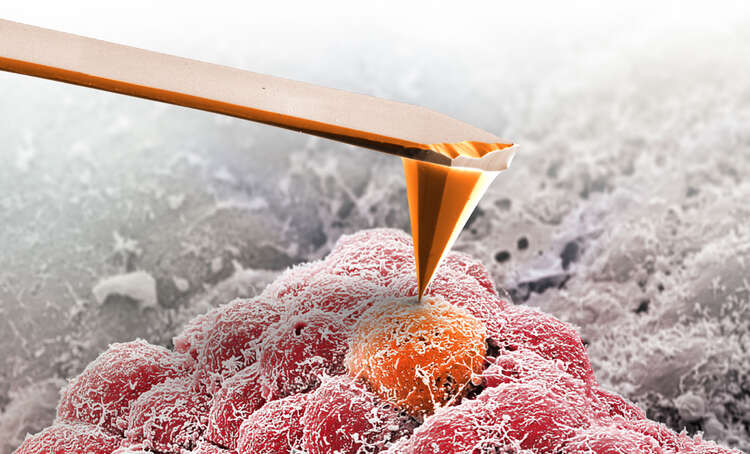
© Nano Imaging Lab, SNI
2000 − Successful start-ups
In 2000, researchers at the Biozentrum founded Santhera Pharmaceuticals, a company specialized in drugs for the treatment of rare neuromuscular and pulmonary diseases. The start-ups ARTIDIS, which uses nanotechnology to improve cancer diagnosis and prognosis, and T3 Pharmaceuticals, which develops highly specific and efficient cancer therapy using live bacteria, were founded in 2014 and 2015, respectively.
2001 − A springboard for top researchers
The Biozentrum had become a springboard for countless research careers. In its first 30 years, almost 300 Biozentrum alumni had become professors at distinguished institutions. By 2021, 1,400 PhDs and almost 1,600 postdoctoral fellows have conducted research at the Biozentrum.
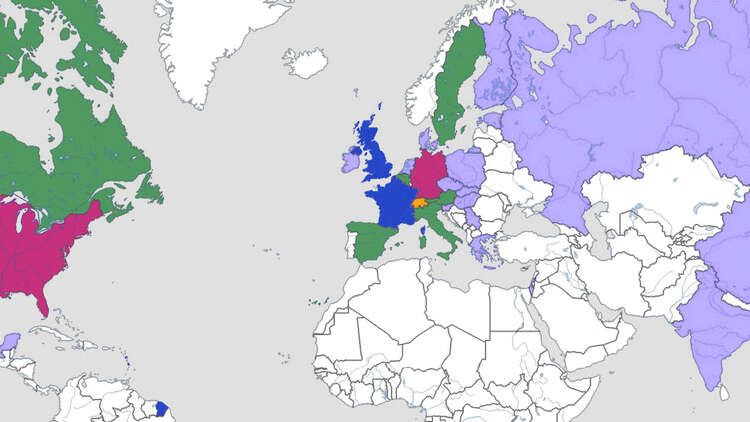
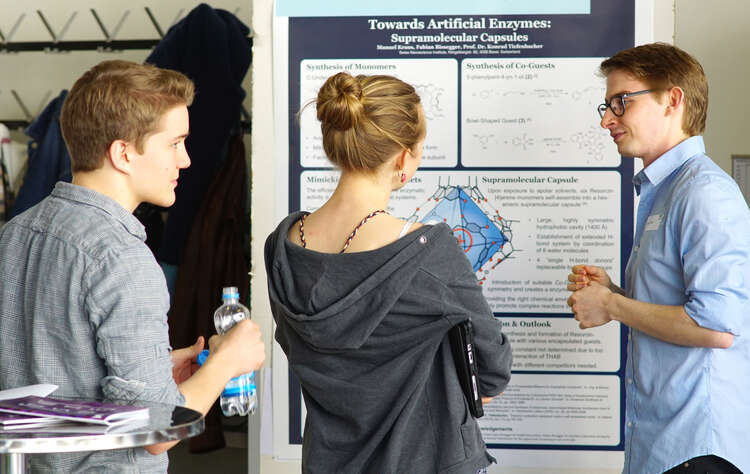
2002 − Future-oriented curriculum in nanosciences
A new curriculum in nanosciences was launched at the University – a joint effort of the Departments of Physics, Chemistry and the Biozentrum.
2005 − Moving into new research areas
A new generation of professors took over the leadership of the Biozentrum. By 2005, twenty new professors had been appointed, expanding the Biozentrum faculty to 33 research groups.

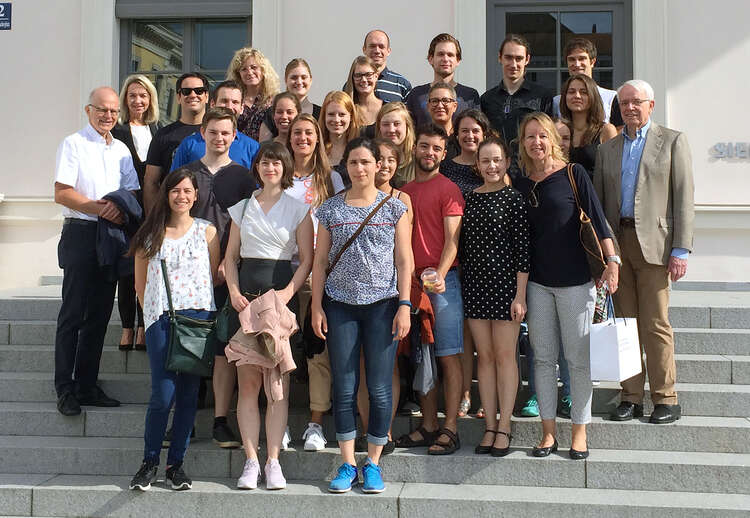
2007 − Fellowships for Excellence
Joachim Seelig, with a generous donation from the Werner Siemens Foundation, established the prestigious Fellowships for Excellence PhD Program. Known today as the Biozentrum PhD Fellowship Program, it offers a unique rotation-based selection of research projects to promising students from Switzerland and abroad.
2009 − State-of-the-art technology platforms
Erich Nigg joined the Biozentrum as its first official Director. He created cutting-edge technology facilities with highly sophisticated expertise and equipment, ensuring that Biozentrum researchers remained at the forefront of biomedical research.
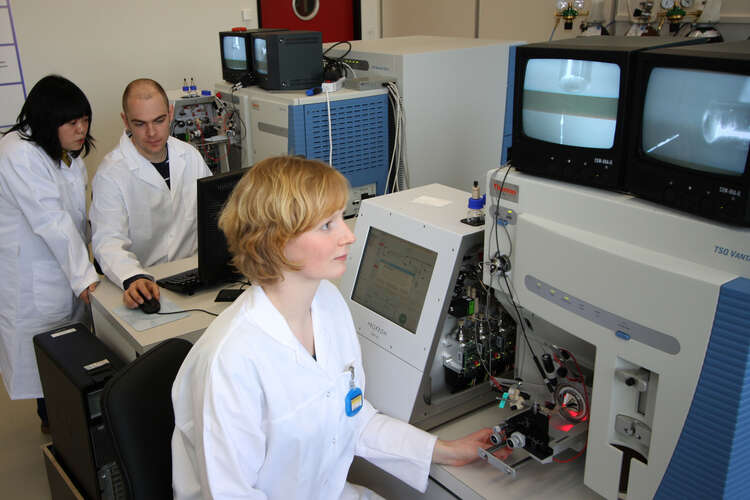
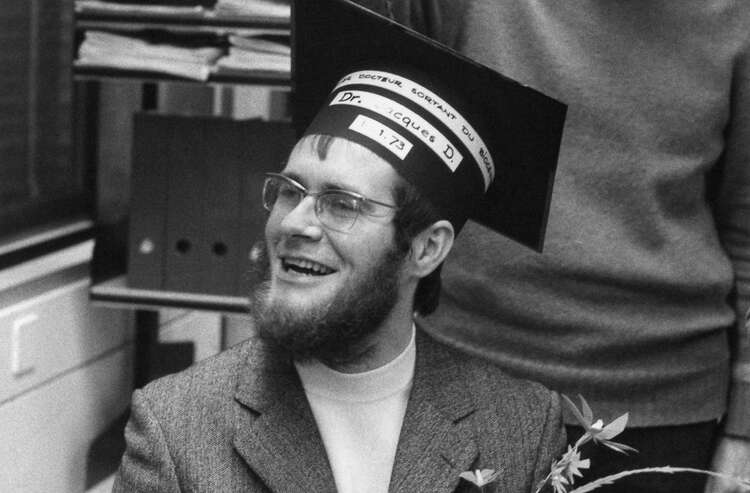
2017 − Nobel Prize for cryo-electron microscopy
The Nobel Prize in Chemistry was awarded to the Biozentrum alumnus Jacques Dubochet for developing cryo-electron microscopy to determine high-resolution structures of biomolecules. Dubochet worked at the Biozentrum in the group of Eduard Kellenberger from 1971 to 1978.
2018 − Breakthrough of the Year 2018
Biozentrum alumnus Alex Schier was recruited from Harvard University to take over as the new Director. The same year, the renowned scientific journal “Science” selected his studies on cellular development as the “Breakthrough of the Year 2018”.
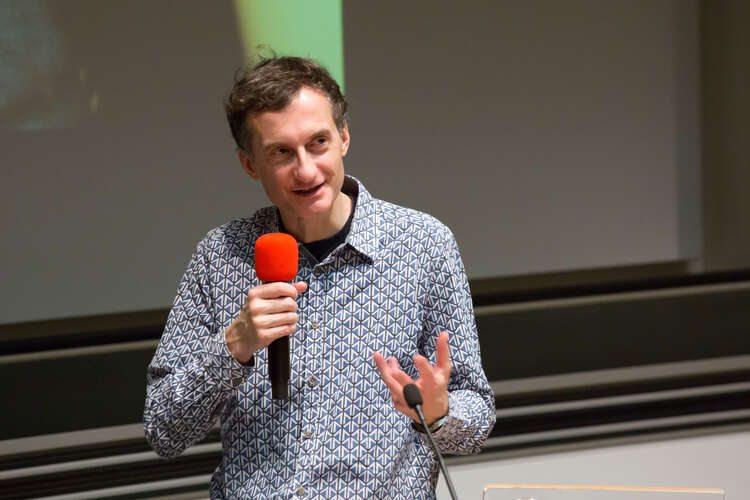
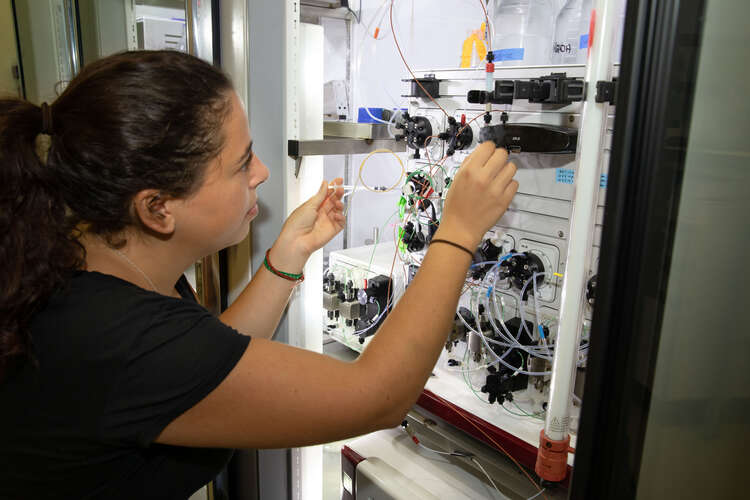
2018 − Biozentrum Research Summer
The Biozentrum Research Summer program was launched to offer Bachelor students the opportunity to perform hands-on research early in their studies. In 2019, the Biozentrum created the Basel Summer Science Academy to introduce high school students to in-lab research.
2019 − National Center of Competence in Research “AntiResist”
The Biozentrum became the leading institute of an NCCR project dedicated to antibiotics and antibiotic resistance. “AntiResist”, headed by Christoph Dehio, is a collaboration of 24 research groups, 14 of which are located in Basel. Its aim is to search for new antibiotics and to develop alternative strategies to combat antibiotic-resistant pathogens.
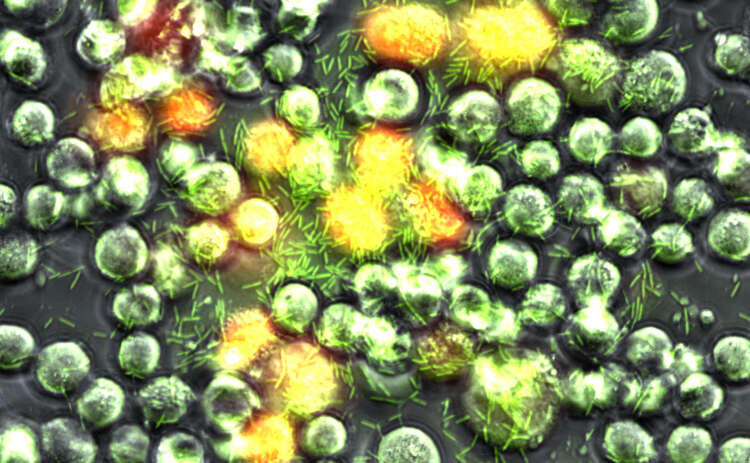
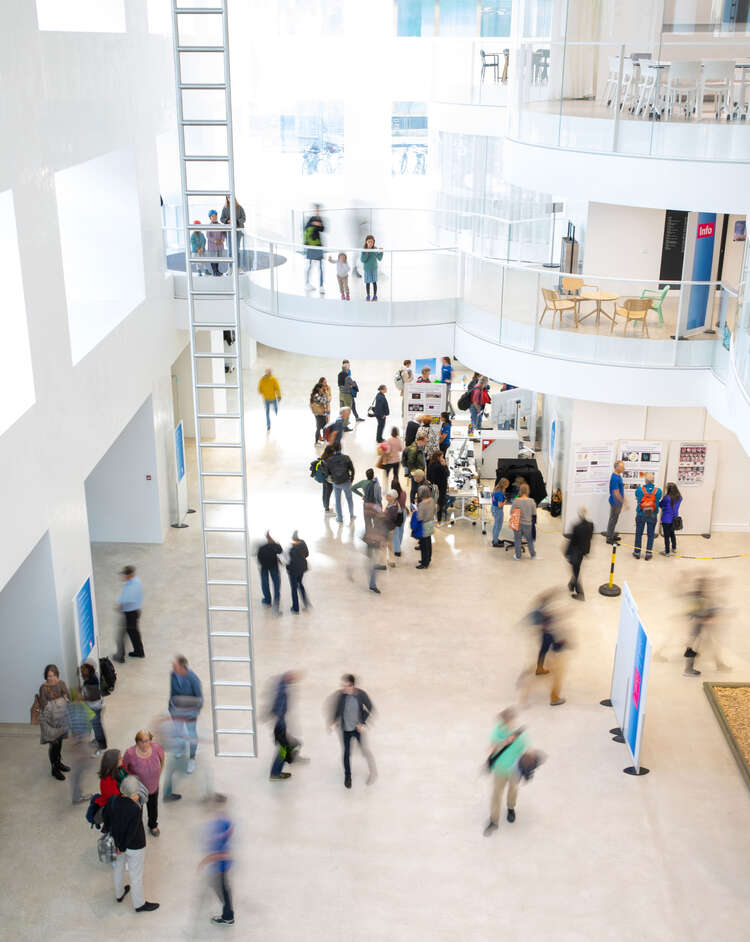
2019 − Sharing knowledge
With about 200 publications per year, the Biozentrum widely shares its research results and knowledge with the scientific community. To inform the citizens of Basel about the Biozentrum’s ongoing research and to create a platform for interaction and discussion, the lecture series “Einblicke Biozentrum” was established for the public.
2020 − Tracing the coronavirus
Richard Neher and his colleagues were recognized as leaders in monitoring the spread and evolution of the coronavirus SARS-CoV-2. They used Nextstrain, an open-source web application that analyzes viral genomes and visualizes the spread of viruses over space and time, to track the COVID-19 pandemic.
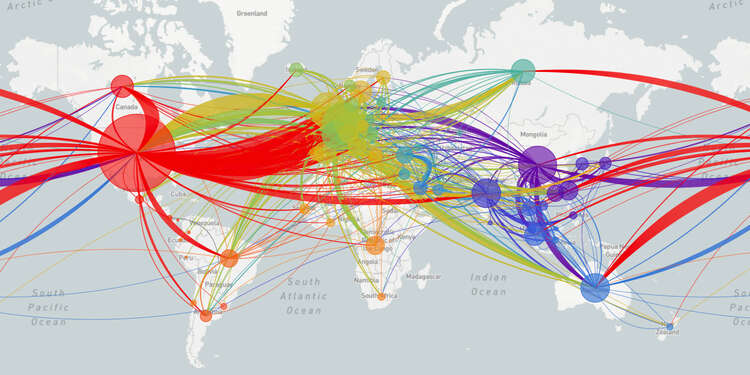
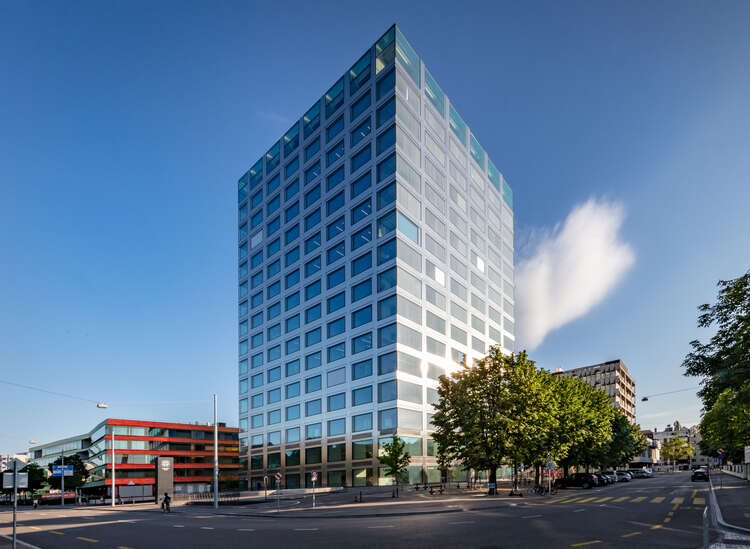
2021 − A beacon of life sciences
The Biozentrum researchers moved into an ultra-modern building with a state-of-the-art infrastructure. Here, the researchers study how living systems are designed and how they can be re-designed, thus writing the next chapter in the history of the Biozentrum.
The most important Biozentrum promotors in the 1960's from science, academia, and private industry were:
- Eduard Kellenberger (Scientific Researcher in Geneva at the time; Professor at the Biozentrum from 1970)
- Alfred Pletscher (Head of Research at Hoffmann La Roche at the time)
- Hubert Bloch (Head of Pharmaceutical Research at Ciba at the time)
- Christoph Tamm (Professor of Organic Chemistry at the time, and later Rector)
- Arnold Schneider (Head of the Department of Education at the time)
The founding professors in 1974 were:
Molecular Microbiology
- Eduard Kellenberger
- Werner Arber
Biophysical Chemistry
- Gerhard Schwarz
- Jürgen Engel
- Kaspar Kirschner
- Joachim Seelig
Pharmacology
- Karl Bucher
- Franz Grün
- Hans Thoenen
Structural Biology
- Richard Franklin
- Johan N. Jansonius
Biochemistry
- Max M. Burger
- Gottfried Schatz
Developmental Biology/Genetics
- Walter J. Gehring
Former chairs
Since 1973 the Biozentrum has been led by a chair. In 2009, the position was changed to director. The following persons have occupied this position:
- Max M. Burger (1973–77)
- Jürgen. Engel (1977–79)
- Werner Arber (1979–83)
- Gottfried Schatz (1983–85)
- Kasper Kirschner (1985–87)
- Walter J. Gehring (1987–89)
- Johan N. Jansonius (1989–91)
- Thomas A. Bickle (1991–93)
- Urs A. Meyer (1993–95)
- Walter Keller (1995–97)
- Andreas Engel (1999–2000)
- Joachim Seelig (1997–99 and 2000–09)
- Erich Nigg (2009–2018)
- Alexander F. Schier (2018–present)


